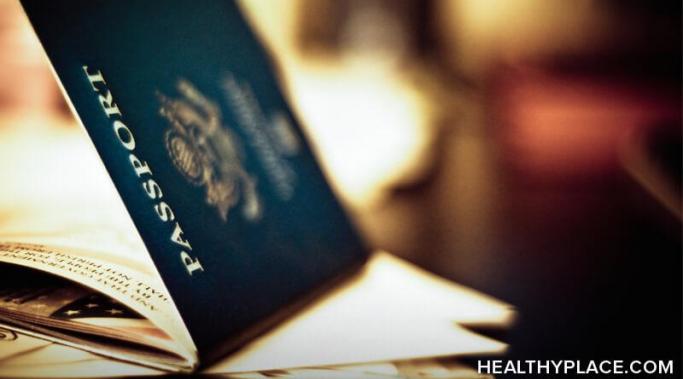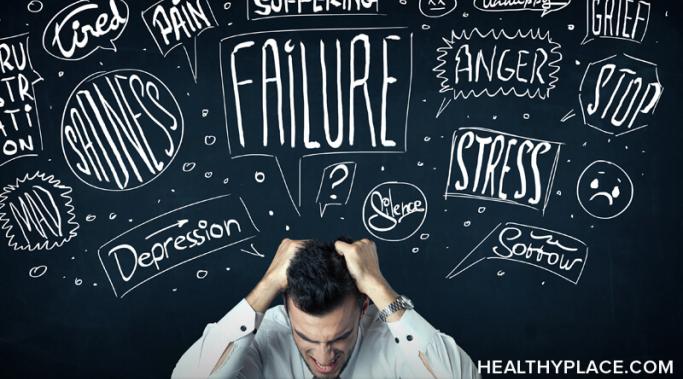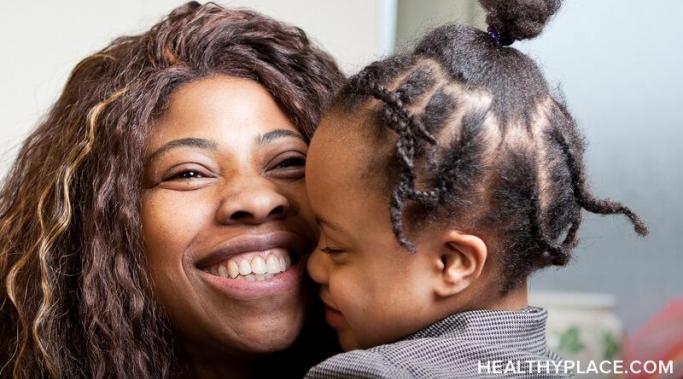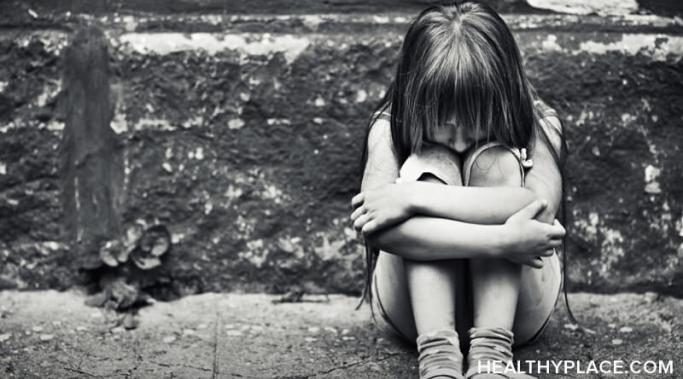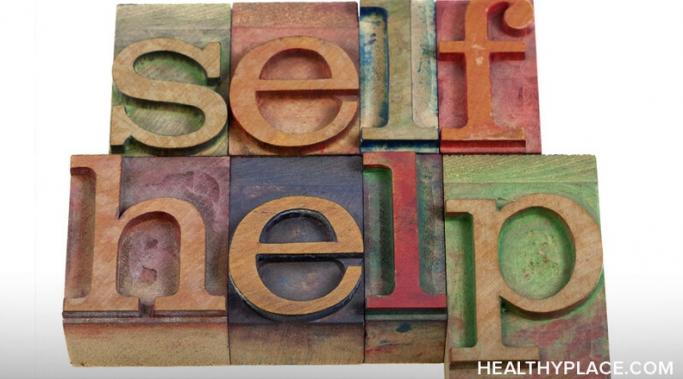Blogs
Over the weekend, I had lunch with a friend I had not seen in five years. During part of our conversation, we discussed the importance of friendships. In this post, I will discuss my friendships at different stages of my life and how they have affected my mental health.
I just returned from a two-week trip overseas to England, Scotland, and Ireland. I love to explore the beauty of this earth and immerse myself in all kinds of unique cultures, but if I am not careful, traveling will often coax my eating disorder back to the surface. While I do have quite an adventurous streak, I also tend to feel anxious when I deviate from my normal routine, which can open the door for a certain uninvited guest—otherwise known as my eating disorder—to hitch a ride on the trip. However, since I am not about to stop traveling, here are a few strategies I use in order to ensure this pesky eating disorder will not ruin my vacation.
Making new friends when you have anxiety is hard, but maintaining those friendships is even harder. As someone with social anxiety disorder, I struggled to maintain friendships. These thoughts would cross my mind: Will I lose my friends if I refuse to hang out with them too many times? Do my friends actually like me, or are they just hanging out with me because they feel bad for me?
The basis of marketing is pretty simple: identify a problem your target customer is facing and offer a solution. In most cases, it’s effective, but, unfortunately, it’s also used in predatory marketing practices that don’t necessarily a sound product or opportunity to offer. It’s important to be able to recognize mental health stigma used in marketing tactics in order to protect yourself from falling prey to them.
Like most people, when I'm having a hard cry—which can be very emotional, sometimes overwhelming—I do a double intake of breath. It's like a hiccup, but not. My therapist told me that this is called the physiological sigh and that it helps reduce stress by balancing oxygen and carbon dioxide levels in our bodies.
If there is one thing I have learned through countless hours of therapy, it is how I need to stop apologizing for everything. Although Canadians are very apologetic, this pattern is prevalent with verbal abuse victims even more so. My underlying desire to make everything better and have everyone be happy with the situation has built an unstable emotional foundation for my life.
This July marks the 14th anniversary of the Bebe Moore Campbell National Minority Mental Health Month, also known as Black, Indigenous, and People of Color Mental Health Month (BIPOC MHM). In a world that seemingly revolves around race, it's nearly impossible to ignore the stark disparities deeply rooted in minority and historically oppressed communities regarding mental health accessibility and stigma.
A parade celebrating Independence Day turned deadly when a barrage of shots rang out into the crowd. It was yet another trauma-causing mass shooting, but this time it was in Highland Park, a Chicago suburb just a few towns north of me on the North Shore.
The road through self-harm recovery isn't always an easy path to walk, and it's often full of unexpected twists and detours.
Over the last couple of weeks, I've been working on a new character trait -- being more assertive. Low self-esteem often makes me feel like being assertive is a bad thing. It can feel like I'm outright mean when that's not the case.

